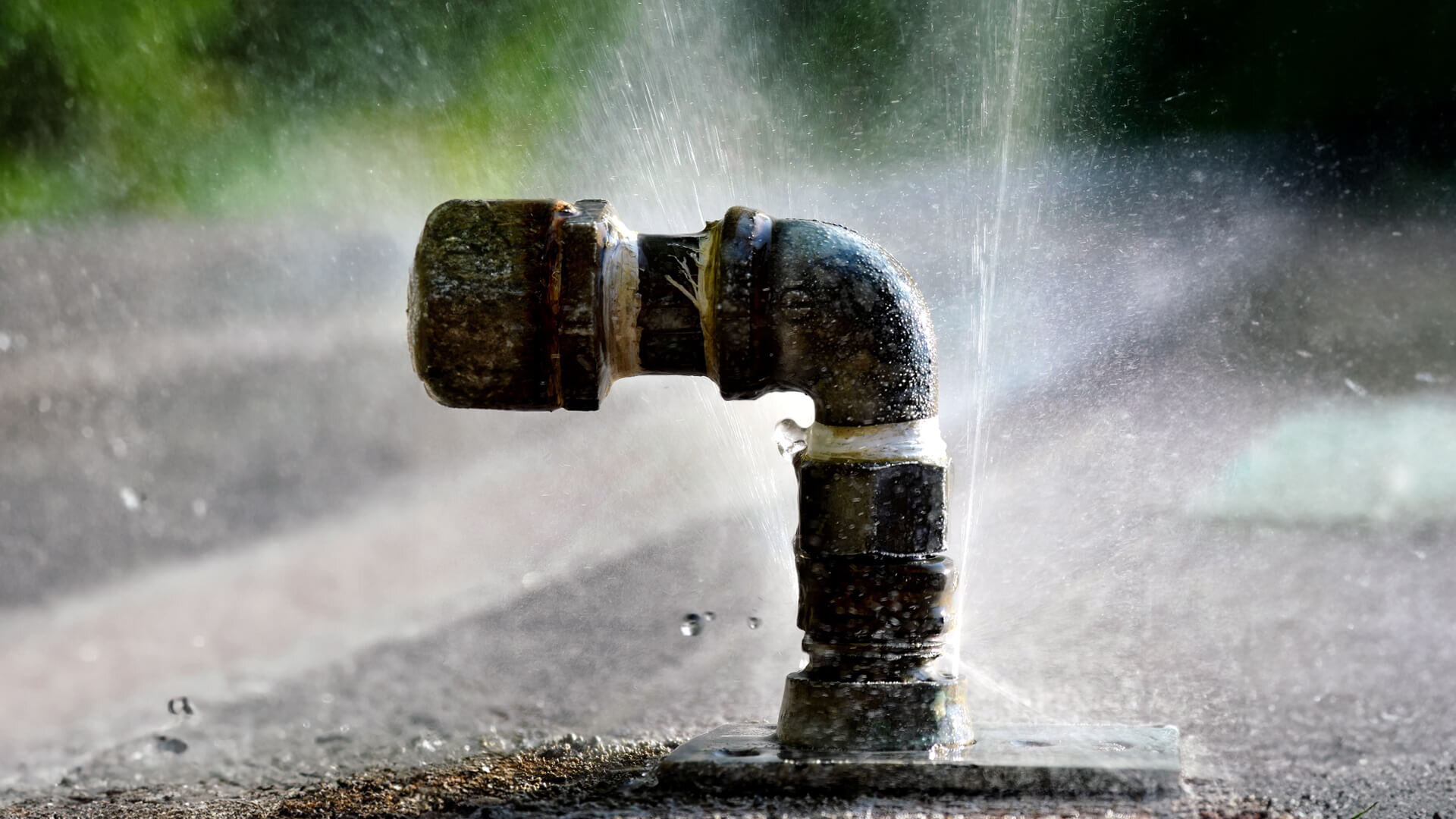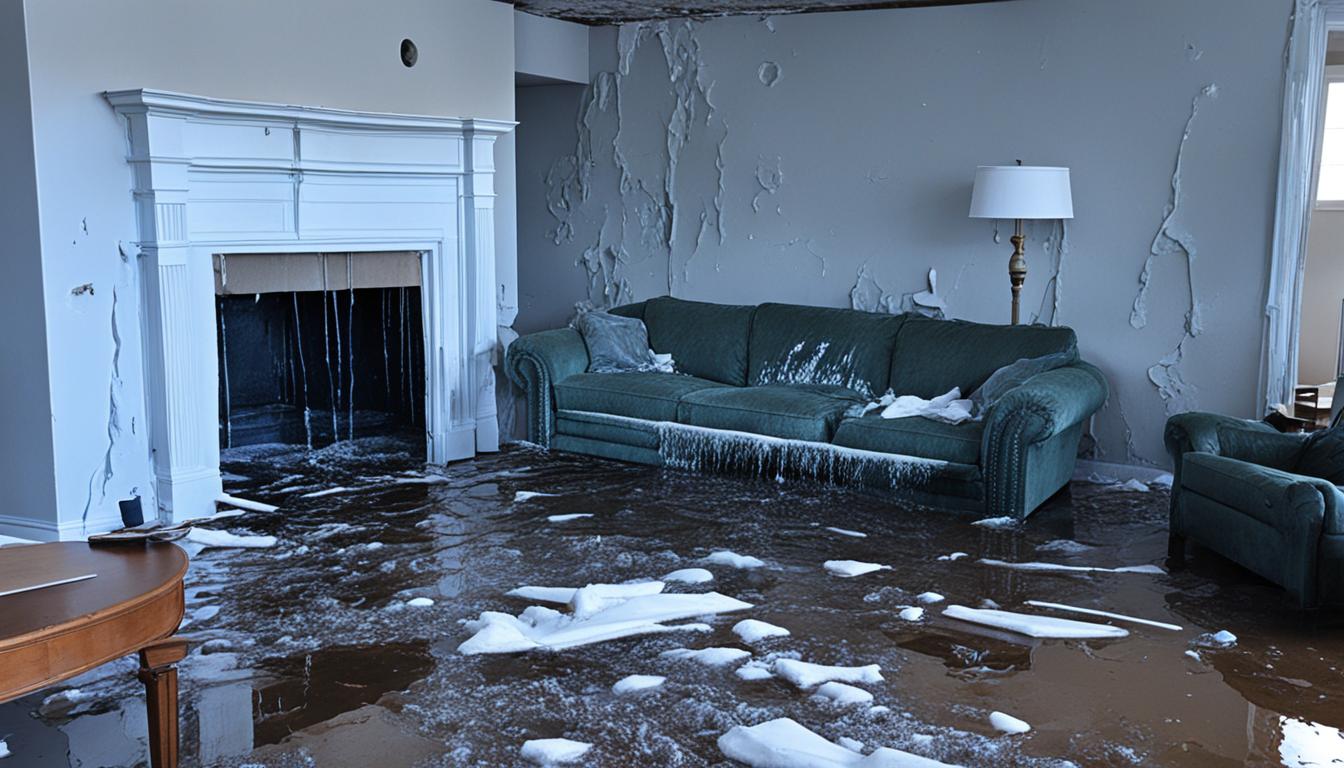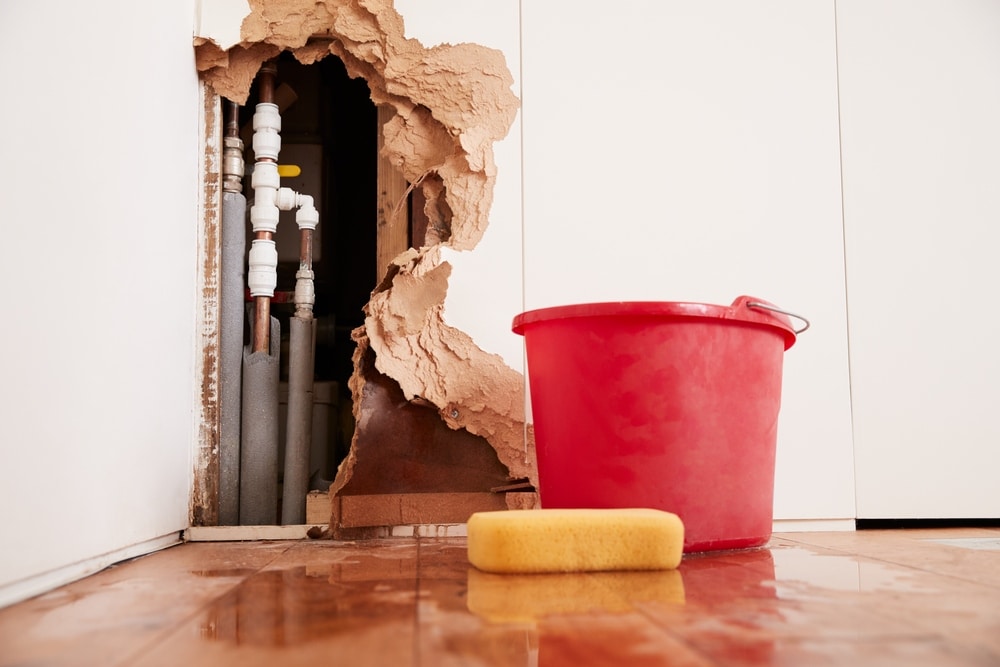Emergency Burst Pipe Services: Fast Response to Avoid Extensive Damage
Protecting Against Ruptured Piping: Vital Tips to Secure Your Plumbing
Preventing burst pipelines is a critical issue for house owners, particularly throughout colder months when the danger of cold is increased. Carrying out calculated actions such as correct insulation, routine evaluations, and keeping constant indoor temperature levels can dramatically reduce the possibility of pipe failure.
Understand Pipe Vulnerabilities
Comprehending pipe vulnerabilities is crucial for effective plumbing upkeep and preventing expensive damages. Numerous variables add to the sensitivity of pipes to bursts, including material structure, age, and environmental conditions. Older pipelines, specifically those made from galvanized steel or polybutylene, often degrade over time, leading to increased threat of leakages and tears.
Temperature level changes can also significantly impact pipeline stability. In colder environments, water entraped in pipes can freeze, broadening and exerting stress on the pipeline wall surfaces, which may ultimately result in a ruptured. In addition, high water pressure can stress pipes, particularly at bends and joints, increasing the possibility of failing.

Insulate Pipeline Appropriately
Correct insulation of pipelines is essential for stopping cold and succeeding ruptureds during cold weather condition (burst pipe). Shielding your pipes system properly safeguards versus temperature level goes down that can lead to costly damage. Begin by identifying susceptible areas where pipes are exposed to outdoor temperatures, such as cellars, attic rooms, and outside wall surfaces
Use foam pipeline insulation sleeves or cover insulation tape around these areas to give a protective obstacle. Ensure that all areas of the pipes, particularly those with limited heat direct exposure, obtain ample insulation. Pay unique focus to joints and fittings, as these are much more susceptible to cold.
When shielding, it's necessary to pick materials that meet neighborhood building regulations and are proper for the particular environment. Fiberglass insulation is commonly suggested for its thermal resistance residential or commercial properties. Additionally, take into consideration utilizing heat cords or tape in extreme problems, which can be plugged in to give supplementary warmth
On a regular basis check insulated pipes for any indications of wear or damages, as jeopardized insulation can diminish its efficiency. By taking these proactive procedures, you considerably lower the risk of pipeline ruptureds, guaranteeing a reliable pipes system throughout the winter season.
Maintain Consistent Temperature Level
A steady indoor temperature level is essential for stopping ruptured pipes during the freezing months. When temperatures decrease, water within pipes can freeze, expanding and creating stress that might inevitably create the pipelines to ruptured. To alleviate this danger, house owners must preserve a consistent temperature throughout their space, preferably no less than 55 ° F(13 ° C)Using a programmable thermostat can help manage interior temperatures efficiently, guaranteeing that rooms with pipes stay warm also when your home is empty. Pay special attention to locations that are a lot more prone to cold, such as basements, garages, and attic rooms. Maintaining cabinet doors open under sinks can additionally permit warmer air from the home to flow around plumbing.
In enhancement, it is sensible to allow taps to trickle a little throughout severe cool spells. This minor flow of water can avoid cold by minimizing stress within the pipelines. During especially serious climate occasions, take into consideration temporarily suspending Home Page any nighttime problems on your thermostat to preserve a consistent cozy atmosphere. By applying these approaches, homeowners can considerably decrease the risk of pipe bursts and safeguard their plumbing systems versus the rough winter months elements.
Frequently Examine Pipes
Regular inspections of plumbing systems are essential for preventing burst pipes and preserving overall home honesty. Throughout these assessments, it is important to analyze noticeable pipelines for indications of corrosion, leakages, or use.
In addition, checking connections and joints is essential, as these factors are frequently vulnerable to leakages. Homeowners need to additionally analyze water pressure levels, as excessive pressure can stress the pipes system and raise the threat of pipe bursts.
Take into consideration organizing professional pipes inspections at the very least once a year, specifically prior to winter, to ensure your system is prepared for cooler temperature levels. Routine evaluations not just assist in identifying instant worries but likewise foster long-lasting maintenance find out here now approaches that can enhance the life expectancy of your plumbing system. By being positive in your technique, you can guard your home against the disruptive and expensive consequences of ruptured pipes. Focusing on pipes assessments is an investment in your house's health and wellness.
Know Emergency Treatments
Understanding emergency treatments is vital for every home owner, especially after conducting regular pipes assessments. Being prepared for a pipes emergency situation can significantly mitigate damage and save costs.
Next, keep essential devices helpful. A pipes emergency situation set should include a wrench, plunger, and towels, along with a flashlight and a container for little leaks. In addition, consider having the contact info for a trusted plumbing professional conveniently offered, must the circumstance intensify beyond your control.
If you identify a leak or burst pipeline, immediately turn off the water supply and notify your plumbing. Record the damages with pictures for insurance coverage objectives. Recognize the indicators of prospective pipes problems, such as unusual water stress changes or damp areas on wall surfaces
Eventually, aggressive understanding and swift action are critical in taking care of plumbing emergency situations, ensuring your home continues to be safeguarded and minimizing potential damage.

Conclusion
To conclude, preventing ruptured pipelines requires a complex strategy that consists of understanding pipe vulnerabilities, proper insulation, keeping regular interior temperatures, normal assessments, and knowledge of emergency situation procedures. By implementing these essential techniques, the danger of pipes failures can be significantly lowered, consequently ensuring the durability and effectiveness of the plumbing system. Aggressive measures not only guard against possible damages yet additionally add to overall water conservation and the protection of building.
In chillier environments, water entraped in pipes can freeze, applying and broadening stress on the pipe wall surfaces, which might eventually lead to a burst. When temperature levels decline, water within pipelines can ice up, increasing and producing stress that might inevitably cause the pipelines to burst. By implementing these approaches, house owners can substantially lower the threat of pipe ruptureds and guard their plumbing systems against the extreme winter season elements.
